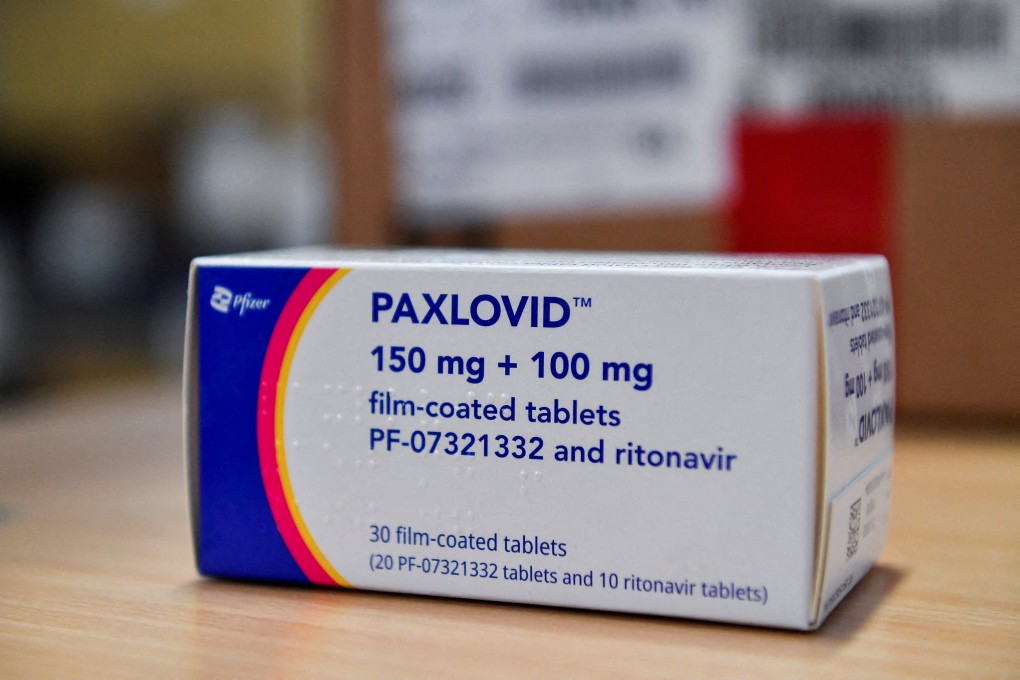Explainer | Coronavirus: how do oral drugs molnupiravir and Paxlovid work, and what are other treatment options used in Hong Kong?
- The drugs should be given patients with mild to moderate symptoms within five days of the onset of symptoms
- So far more than 300 patients in Queen Mary Hospital have been prescribed molnupirvir, with about 80 per cent of them in stable condition, says HKU professor Ivan Hung

The use of oral drugs to treat high-risk Covid-19 patients is among four measures recommended by the University of Hong Kong’s public health experts to reduce severe cases and deaths.
The Post examines the two drugs and other treatment options being used in Hong Kong.

1. How do the two oral Covid-19 drugs work?
Both molnupiravir and Paxlovid are meant to suppress replication of the coronavirus, and should be used for patients with mild to moderate symptoms.
To make the drugs effective, they have to be given to patients within five days of the onset of symptoms, or three days for even better results. Patients should not have significant breathing issues, meaning that their oxygen saturation levels would need to be at least 94 per cent.
“If it has been more than five days since the symptoms occurred, you’d better not waste money [on using the oral drugs],” said government pandemic adviser Professor David Hui Shu-cheong.

High-risk patients will be given priority for the oral drugs. They include people aged 70 or older, those with chronic diseases such as diabetes, obesity, immune system disorder, kidney or heart failures, or cancer. Not having completed vaccination, meaning two doses for the German-made BioNTech vaccine or three doses of the Chinese-made Sinovac vaccine, would also be considered a high-risk factor.